Tuesday, October 2
| 10:30 a.m. - 12:30 p.m. | "Observations from 40 Years of Management and a 4 Month Cruise Around the World," Fred Miller [Tom Hibbard], Kaneko Auditorium
Fred Miller, an economist by training, managed state government departments for 4 different Governors of Oregon before retiring and then moving to Portland General Electric where he retired as Executive Vice President. Most recently, he retired after 3 years as Chief Administrative Officer for the City of Portland. He says that the high point of his career was teaching on the same Economics faculty at Oregon State University with Tom Hibbard. Following his most recent retirement, Fred and his wife Karla, a Willamette University graduate, took a 4 month cruise around the world. You might think that he would have a number of useful observations prompted by his background as an economist, a long-time manager in the public and private sector, and as Karla's husband...We'll see. |
| 1:30 – 3:30 p.m. | "Music Potpourri," ICL Members [Solveig Holmquist] , Kaneko Auditorium ICL members will share with us some of their favorite music selections. 1:30 Franca Hernandez: The opera Tosca. 1:50 Grant Hagestedt: Piano Encore: Domenico Scarlatti (1685-1757) Sonata in D minor, K9 (1738). 2:10 Phil Caudill: "Play 'Misty' x 3 For Me". 2:40 Lee Coyne: Scott Joplin. 3:00 Dominick Spedale: Cat Stevens. 3:20 Solveig (if time): Kraftwerk: A bit of a ride on the Autobahn.
|
Thursday, October 4
| 10:30 - 11:30 a.m. | "Wes Robinson Reads His Poetry," Wes Robinson [Anne Bowden], Kaneko Auditorium
|
| 11:30 a.m. – 12:30 p.m. | "Field Based Environmental Research for Students," Michael Weddle [Jinx Brandt], Kaneko Auditorium
Michael Weddle is a former Waldo conservation biology teacher and Milken Award winner. Has worked with Jane Goodall and sponsored the Roots and Shoots programs in the schools. He helped create the Jane Goodall Environmental Middle School in Salem. |
| 1:30 – 2:30 p.m. | "Living On the Pudding: A Whole Lotta Somethin' Going On," Professor W. Todd Jarvis [Karen Trucke], Kaneko Auditorium
Dr. Jarvis is the Director of the Institute for Water and Watersheds at Oregon State University. |
| 2:30 – 3:30 p.m. | "All about our WUICL Archive Collection," Amber J. D'Ambrosio [Virginia Vanderbilt], Kaneko Auditorium
Amber J. D'Ambrosio, MA, MSIS
|
Tuesday, October 9
| 10:30 a.m. - 12:30 p.m. | "A Brief Look at the Fascinating Theory of Probability," Professor Richard Iltis [Tom Hibbard], Kaneko Auditorium |
| 1:30 – 3:30 p.m. | "The Geometry of Gerrymandering," Kathryn Nyman [Don Gallagher], Kaneko Auditorium After receiving her bachelor’s in mathematics from Carthage College, Nyman earned a doctorate at Cornell University, where she studied combinatorics. First a post-doc fellow at Texas A&M University, Nyman was an assistant professor at Loyola University Chicago before joining Willamette’s math department in 2009. |
Thursday, October 11
| 10:30 - 11:30 a.m. | "Climate Change and the Need for Sustainable Energy and Transportation: PART 3–Sustainable Automotive Transportation," Peter Ronai [ICL], Kaneko Auditorium
Peter Ronai has been a member of ICL since 2002, and Director of Information Services since 2005. He was born in Hungary, grew up in Australia, and migrated to the USA after being recruited by the University of Colorado's Medical School. He has science and medical degrees, as well as a Ph.D., from the University of Sydney, Australia, and is Board certified in Nuclear Medicine and Radiology. Before moving to Salem he trained and worked in academic institutions in Sydney and Adelaide (Australia), Berkeley (California), Denver (Colorado), and Kansas City (Kansas). He also served as a flight surgeon in the RAAF (Royal Australian Air Force). He is personally committed to home solar photo-voltaic power generation and electric vehicle transportation. |
| 11:30 a.m. - 12:30 p.m. | "The Joy is in the Making, the Work is in the Selling: My pursuit of Art as a Second Career," Ted Gaty [Jinx Brandt], Kaneko Auditorium
|
| 1:30 – 3:30 p.m. | "Great Decisions: South Africa’s Fragile Democracy," Sandra Burnett [Jeanette Flaming], Kaneko Auditorium
“The African National Congress (ANC) party has governed South Africa since the end of apartheid in 1994. But the party today suffers from popular frustration over official corruption and economic stagnation. It faces growing threats from both the left and the right opposition parties, even as intraparty divisions surface. Given America’s history of opportunistic engagement with Africa, there are few prospects for a closer relationship between the two countries. Meanwhile, a weaker ANC could lead to political fragmentation in this relatively new democracy.” |
Tuesday, October 16
| 9:00 - 10:15 a.m. | "October ICL Board Meeting", Kaneko Conference Room 121 |
| 10:30 – 11:30 a.m. | "Music as a Mirror of History, Video Lecture: Chopin: Etude in C Minor, Op. 10, No. 12 (1831)," Dr. Robert Greenberg [Solveig Holmquist, Facilitator], Kaneko Auditorium
Robert Greenberg earned a B.A. in music, magna cum laude, from Princeton University and received a Ph.D. in music composition, from the University of California, Berkeley, where he studied with Olly Wilson. At the San Francisco Conservatory of Music he was chairman of the Department of Music History and Literature and Director of the Adult Extension Division. Dr. Greenberg is currently Music Historian-in-residence with San Francisco Performances. Greenberg has lectured for some of the most prestigious musical and arts organizations in the United States, and is the resident composer and music historian for National Public Radio’s Weekend All Things Considered. He is also the Music Historian in Residence at San Francisco Performances, and hosts their "Saturday Morning Series" (a lecture combined with performances) with the Alexander String Quartet. |
| 11:30 a.m. – 12:30 p.m. | "Immersing Ourselves in Chopin's Piano Works," Solveig Holmquist [ICL], Kaneko Auditorium
Our presenter is ICL member and WOU Music Professor Emerita Solveig Holmquist. |
| 1:30 – 2:30 p.m. | "Why YA? The Value (and Fun!) of Investing in Library Services Targeted to Teens," Sonja Somerville [Toni Peterson], Kaneko Auditorium
Although Sonja Somerville has worked at Salem Public Library since 2003, she was a brand-new librarian when she took over the Teen Services position just four days before the grand opening of the new Teen Scene area in 2011. She has continued to use her background in journalism, grant development, and marketing as tools to build a vibrant and appealing space for teens. Sonja earned her Masters of Library and Information Science from Drexel University. She is past president of the Oregon Young Adult Network, a division of the Oregon Library Association, and the 2018 recipient of the OYAN “You’re Awesome” Award, recognizing excellence in service to young adults. She is currently completing a second year as a coordinator for one of 20 Teens’ Top Ten Panel groups for the Young Adult Library Services Association, a division of the American Library Association (ALA), and was one of 50 recipients of an 2018 Inclusive Internship Initiative Grant from the Public Library Association, also a division of ALA. |
| 2:30 – 3:30 p.m. | "Great Courses, Video Lecture: A Skeptics Guide to History: Myths About American Isolation and Empire," Bob Muir [ICL], Kaneko Auditorium
Our lecturer for this Great Courses video course is Dr. Mark Stoler, who holds a Ph.D. in History from the University of Wisconsin and is Professor Emeritus of History at the University of Vermont. |
Thursday, October 18
| 10:30 a.m. - 12:30 p.m. | "What Do You Know?," Ken Ash [Don Gallagher], *** Ford 122 *** NOTE CHANGE IN VENUE
|
| 1:30 – 2:30 p.m. | "Native Space," Professor Natchee Barnd [Karen Trucke], *** Ford 122 *** NOTE CHANGE IN VENUE
Associate professor of Ethnic Studies & Native American Studies at Oregon State University. He is a scholar interested in the intersections between ethnic studies, cultural geography, and indigenous studies. His research focuses on issues of race, space, and indigenous geographies. His second book, A People's Guide to Portland and Beyond will highlight lesser known sites of social justice and oppression across Portland. Natchee also writes on pedagogy, contemporary media, college cultural centers, and popular culture. His articles and chapters appear in Journal of Geography, American Indian Culture and Research Journal, Diversity in Disney Films (MacFarland), Teaching Race in the 21st Century (Palgrave/ Springer), Yearbook of the Association of Pacific Coast Geographers, and Nexus: Complicating Community and Centering the Self (Cognella). Natchee serves as Secretary for the Association for Ethnic Studies, a national scholarly organization, and is an associate editor for the Ethnic Studies Review journal. He also leads the Social Justice Tours of Corvallis, a walking history and geography tour created by his students and focused on the stories of people of color, indigenous communities, and larger issues of power in Corvallis. |
| 2:30 – 3:30 p.m. | "Climate Change and the Need for Sustainable Energy and Transportation: PART 4–Sustainable Transportation–An Entirely Electric Transportation System," Peter Ronai [ICL], *** Ford 122 *** NOTE CHANGE IN VENUE
Peter Ronai has been a member of ICL since 2002, and Director of Information Services since 2005. He was born in Hungary, grew up in Australia, and migrated to the USA after being recruited by the University of Colorado's Medical School. He has science and medical degrees, as well as a Ph.D., from the University of Sydney, Australia, and is Board certified in Nuclear Medicine and Radiology. Before moving to Salem he trained and worked in academic institutions in Sydney and Adelaide (Australia), Berkeley (California), Denver (Colorado), and Kansas City (Kansas). He also served as a flight surgeon in the RAAF (Royal Australian Air Force). He is personally committed to home solar photo-voltaic power generation and electric vehicle transportation. |
Tuesday, October 23
| 10:30 a.m. - 12:30 p.m. | "A Legacy of Empowering the Financial Future of Oregonians: The Past, Present and Future of Oregon State Treasury," Tobias Read [Tom Hibbard], Kaneko Auditorium
Tobias Read was elected in 2016 as Oregon’s 29th State Treasurer. Prior to elected office, he worked in the U.S. Treasury and as a liaison between designers, engineers and manufacturing units for Nike Inc. |
| 1:30 – 3:30 p.m. | "Why Butterflies Matter," Chris Carvalho [GwenEllyn Anderson], Kaneko Auditorium
Chris has had a lifelong interest in butterflies. He has been a collector and displayer of mounted butterflies. He has moved from collection to photographing butterflies. He has participated in an OPB production titled: |
Thursday, October 25
| 8:45 a.m. - 4:30 p.m. | "Field Trip - Sustainability," Field Trip [George Moeller, Carol Moeller], Meet at Willamette Heritage Parking Lot
|
Tuesday, October 30
| 9:00 – 10:15 a.m. | "Fall Coffee," Social Services [ICL], *** Montag Den *** NOTE CHANGE IN VENUE Last names A to M bring a goodie to share. |
| 10:30 a.m. - 12:30 p.m. | "Two Distinctly Different American Heroes: What We Can Learn from the first WWII Nurse to Die After the Landings at Normandy and Revolutionary High-Jumper Dick Fosbury," Bob Welch [Anne Bowden], Kaneko Auditorium Author Bob Welch pulls from two of his books, one the Oregon Book Award-finalist “American Nightingale” and the other the forthcoming “Wizard of Foz: Dick Fosbury’s One-Man High-Jump Revolution,” to share how each inspired their countries in different ways and in different places and in different times. Slanger stirred the hearts of thousands of America GIs with a letter she wrote on October 21, 1944 form her field-hospital tent just short of the German-Belgium border. She was killed the next night in a mortar attack, the soldiers so grieved, and inspired, that they insisted she never be forgotten. She became the first woman to have a ship named in her honor. In re-creating her story for radio, actress Joan Fontaine called Slanger’s legacy “one of the most moving stories to come out of the war—a story of an army nurse that surpassed anything Hollywood has ever dreamed of.” Her inspiration? That, like pebbles in the water, our ripples of influence go farther than we think. Oct. 20, 2018 marks the 50-year anniversary of Dick Fosbury’s gold-medal-winning jump in the Mexico City Olympics that revolutionized the high-jumping event. Five years before that moment the Medford High grad was one of the worst prep high jumpers in the state. And after that moment the Oregon State athlete was an instant hero, his backward-over-the-bar style so thoroughly revolutionizing the event that virtually every high-jumper in the world has used the “Fosbury Flop” since. But Fosbury’s story is way deeper than failed-jock-makes-good. It’s about learning to go on after loss. Learn the inner story of the iconic hero who, amid the turbulent ‘60s, changed the world by literally turning his back on the establishment. A storyteller by nature, Welch mines much of his speaking fodder from his books and the nearly 2,000 columns he's written for The Register-Guard, Oregon's second-largest newspaper. He has twice won the National Society of Newspaper Columnists's highest award for writing. In addition, he has won dozens of other journalism awards, including the 2010 and 2011 Oregon Newspaper Publishers Association's "Best Writing" awards. He's also the winner of the Seattle Times C.B. Blethen Award for Distinguished Feature Writing. |
| 1:30 – 3:30 p.m. | "Wondering How to Create Stylish Outdoor Settings for People and Pollinators in Your Landscaping?," Elizabeth Powers [Don Gallagher], Kaneko Auditorium Elizabeth Powers, principal of The Garden Angels Landscape Design & Consulting of Salem, offers her perspectives and experience in the design and installation of successful and sustainable residential landscapes. The discussion offers colorful portfolio photos of outdoor projects, large and small. She will offer her favorite ways to eliminate or reduce lawn space, lower maintenance activities, and manage drainage and water use. A hardscaping specialist and plants woman, Elizabeth will offer some of her favorite textural combinations and beautiful outdoor living solutions for challenging residential sites, especially for smaller suburban properties, large house footprints, and tight budgets. You will be inspired to try out new and simple updates for your own outdoor spaces! Elizabeth established her design and consulting firm in 1994. She is a founding member, active volunteer, and member of the board of directors with the Lord & Schryver Conservancy, and teaches an accredited course in sustainable landscape architecture at Chemeketa Community College. She has extensive experience working with native plants on large commercial and public sites in the field of riparian (riverbank) and wetlands restoration including the Brown’s Island Restoration project in April 2000.
|


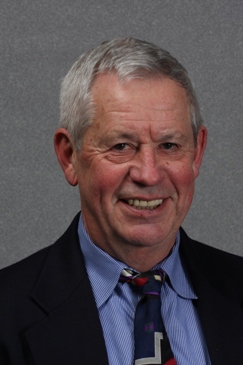 Fred Miller plans to regale us with the multiple insights he has gleaned from his many years in public management.
Fred Miller plans to regale us with the multiple insights he has gleaned from his many years in public management.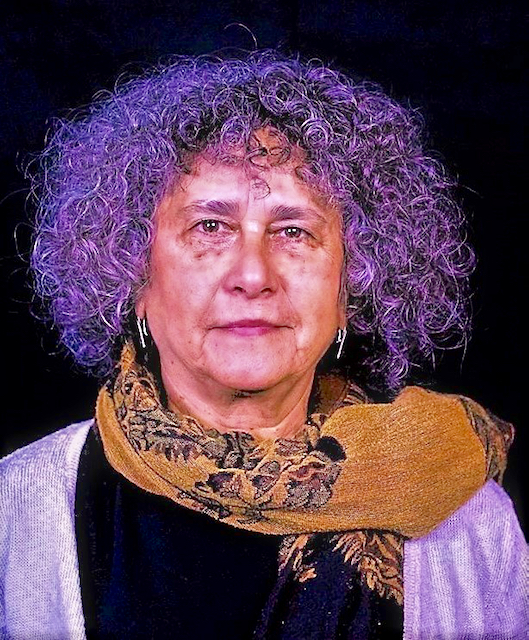
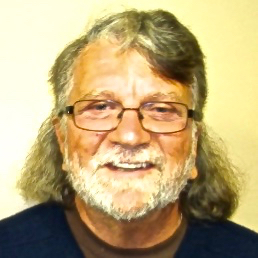
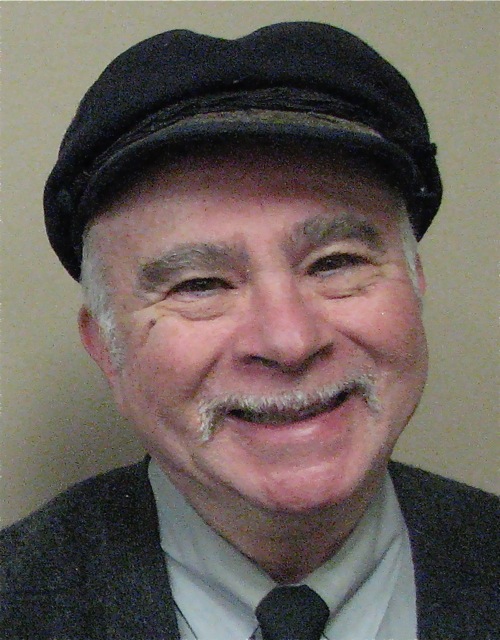
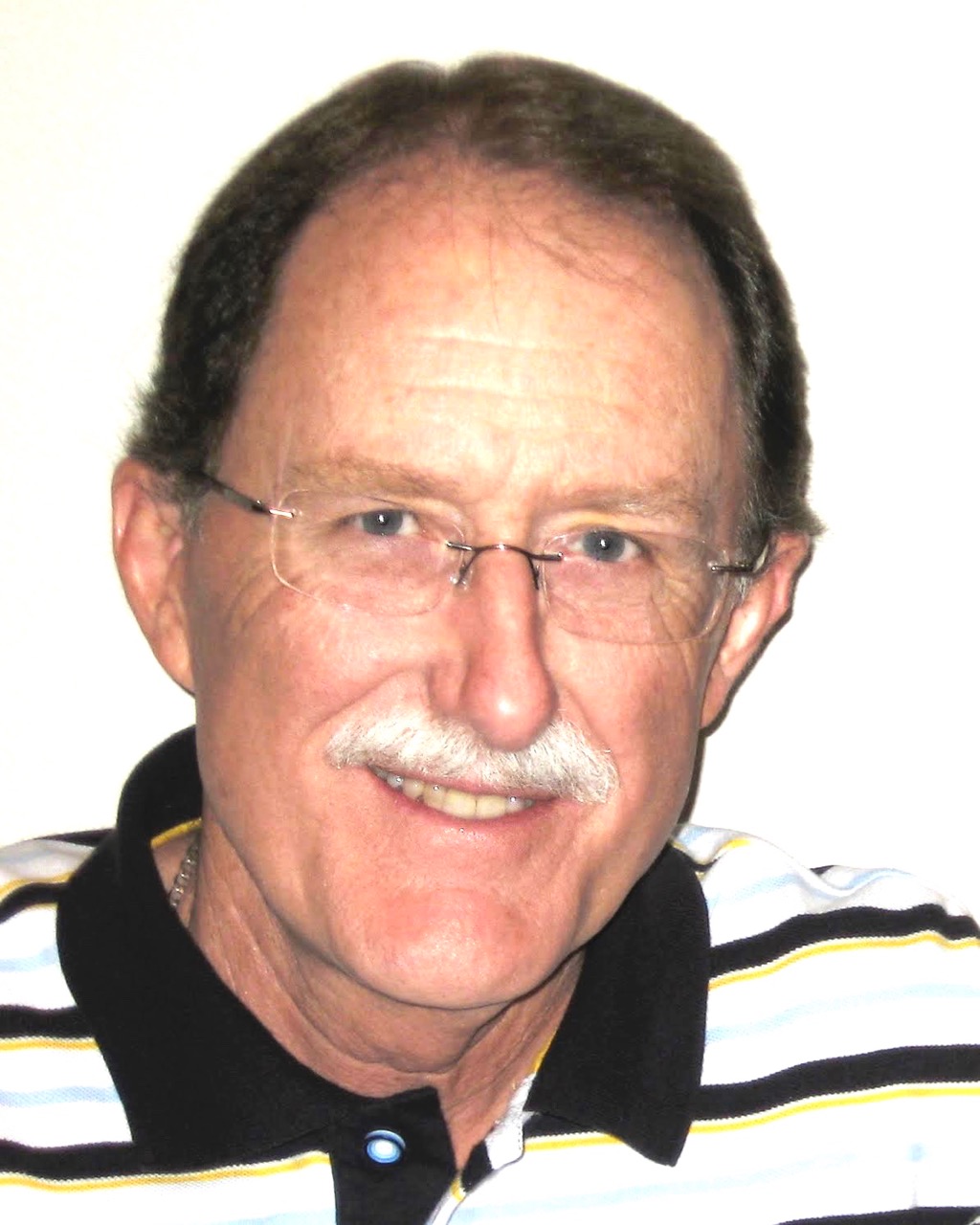
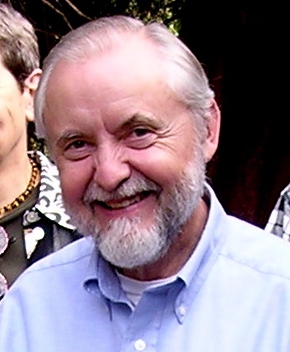
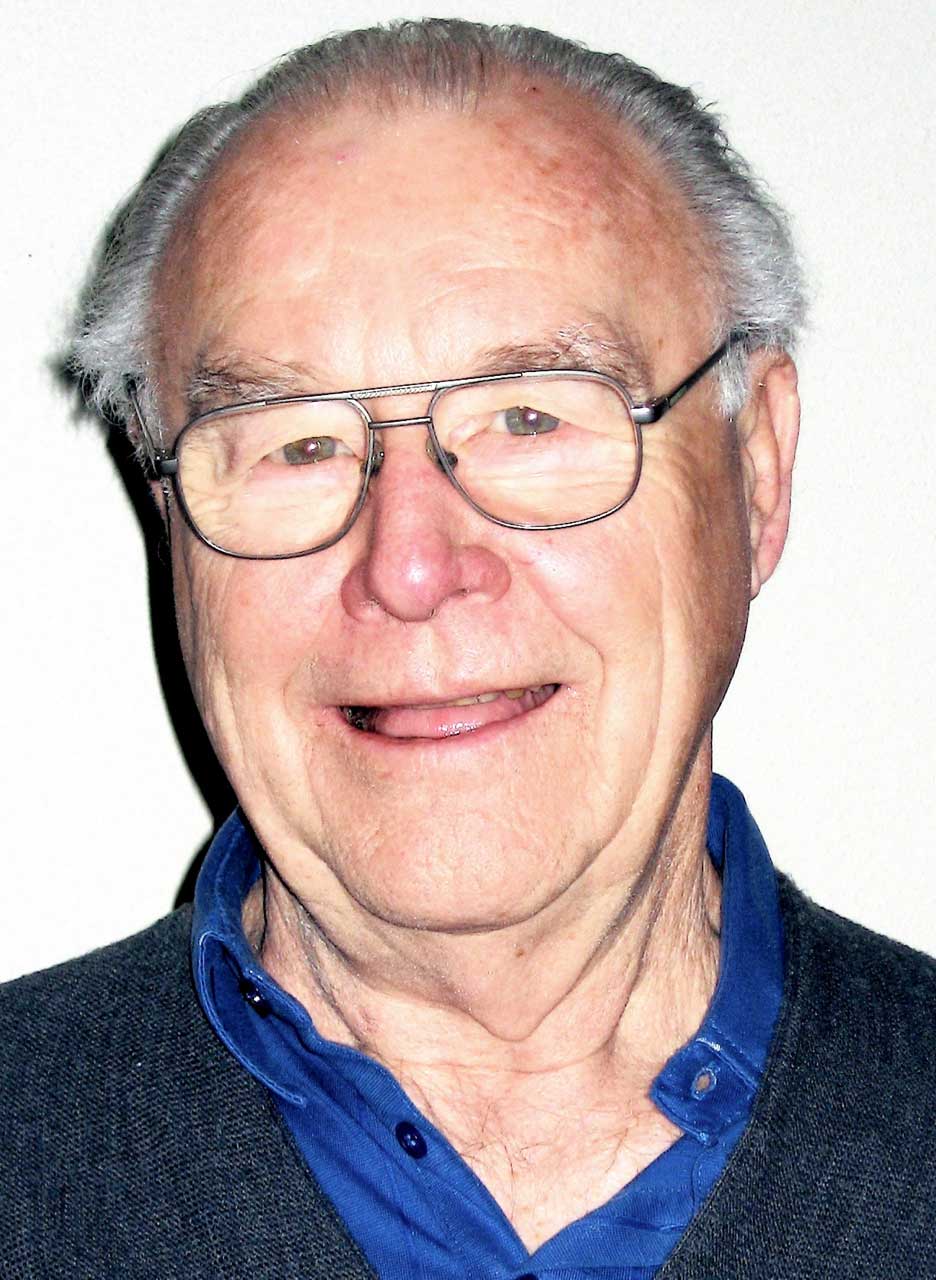 Wes Robinson is a a founding member of ICL. Wes Robinson attends ICL nearly every day we are in session. After a knee replacement, he missed only 3 sessions. Wes takes notes on all the talks and can occasionally be heard calling out his opinion in the Q&A.
Wes Robinson is a a founding member of ICL. Wes Robinson attends ICL nearly every day we are in session. After a knee replacement, he missed only 3 sessions. Wes takes notes on all the talks and can occasionally be heard calling out his opinion in the Q&A. 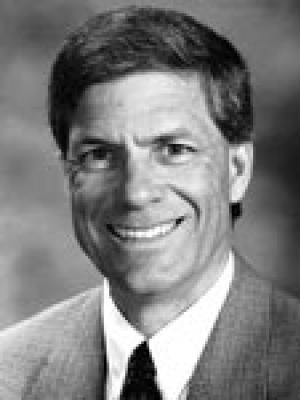 The main point of the talk would be the poser of field-based environmental research for students: how it gives them a chance to get outside to apply the skills and knowledge they learn in the classroom to real-life environmental challenges. I would talk briefly about JGEMS and some of the research projects we are doing as well as projects from other schools around the state, K - 12. JGEMS received a "dissemination grant" from ODE and for the past two years I have been traveling around the state working with students and teachers to get them doing field-based research. I also manage the Diack Ecology Education Program grant project and I would end by describing it in hopes that someone in the audience would know of teachers who might be interested in applying.
The main point of the talk would be the poser of field-based environmental research for students: how it gives them a chance to get outside to apply the skills and knowledge they learn in the classroom to real-life environmental challenges. I would talk briefly about JGEMS and some of the research projects we are doing as well as projects from other schools around the state, K - 12. JGEMS received a "dissemination grant" from ODE and for the past two years I have been traveling around the state working with students and teachers to get them doing field-based research. I also manage the Diack Ecology Education Program grant project and I would end by describing it in hopes that someone in the audience would know of teachers who might be interested in applying.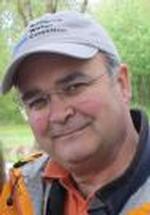 The Pudding River watershed is famous for many sensory and extrasensory perceptions. Sensory information following stimuli range from feelings of shaking, falling, sinking and being refilled. Stimuli in the area can be from natural phenomena to perceptions derived from what some watershed residents consider to be nonsensical impulses. A collective action hydro-seance is needed to devine the future of water management in the Pudding River watershed.
The Pudding River watershed is famous for many sensory and extrasensory perceptions. Sensory information following stimuli range from feelings of shaking, falling, sinking and being refilled. Stimuli in the area can be from natural phenomena to perceptions derived from what some watershed residents consider to be nonsensical impulses. A collective action hydro-seance is needed to devine the future of water management in the Pudding River watershed. 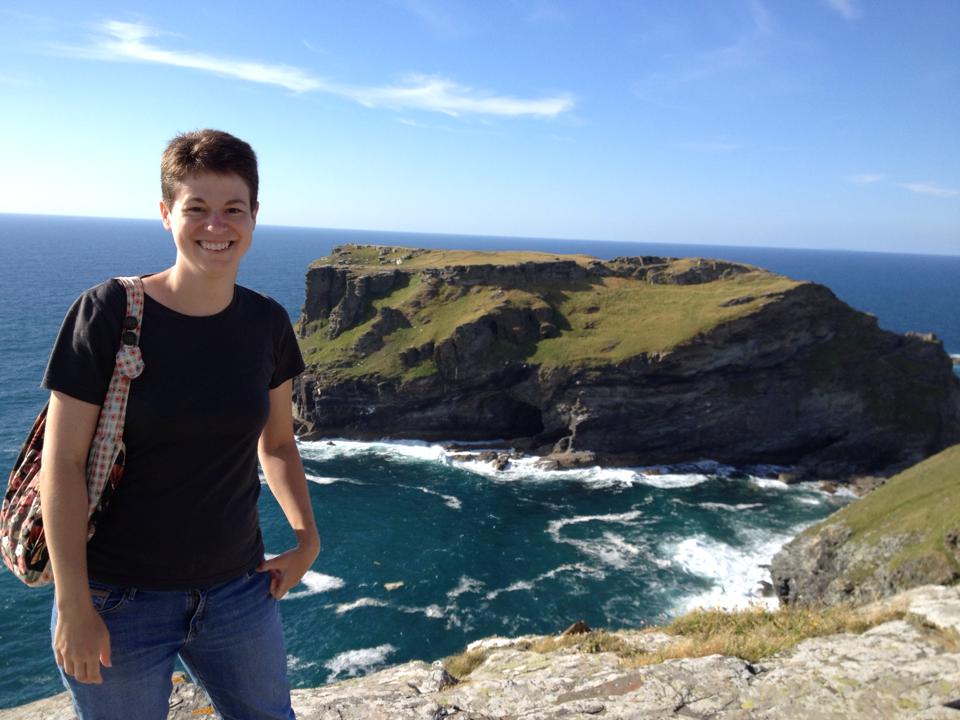 Our archive collection: what is there, how it is stored, and how it can be accessed by members.
Our archive collection: what is there, how it is stored, and how it can be accessed by members.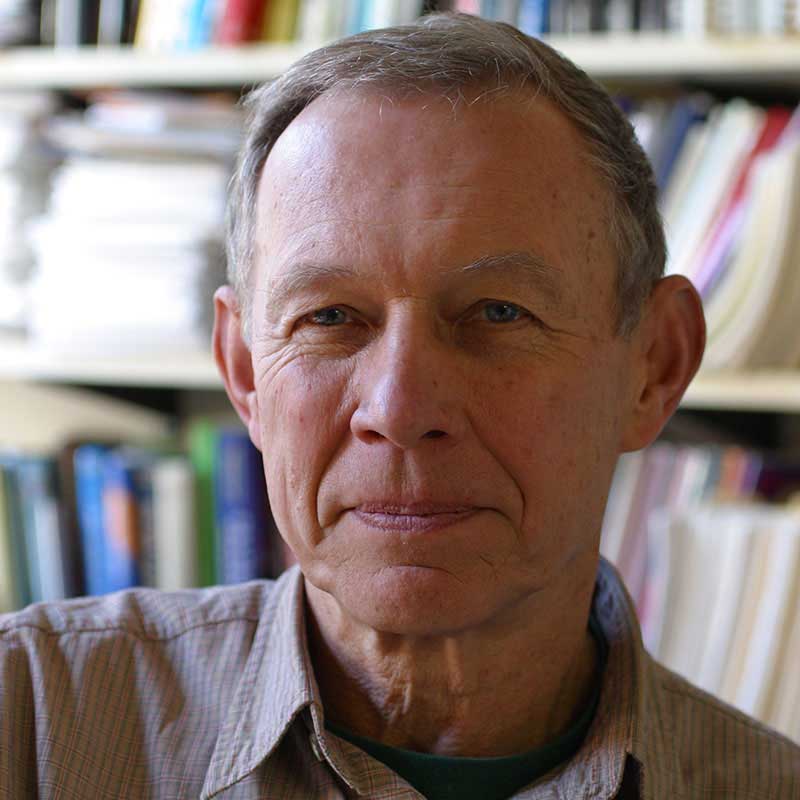 It all began with questions asked by 17th century French gamblers, and in the following 300 years has become integral to many aspects of science and everyday life. Even so, probability results can seem counterintuitive and contrary to the occurrence of coincidences and rare events. We will explore important discoveries in the development of probability theory including The Law of Large Numbers, Bayes' Formula, and the ubiquitous Normal (Bell) Curve. Probability forms the backbone of actuarial science and game theory, and along with the collection of numerical data it forms the basis of statistical methods. Probability is applied to medical testing, calculation of gambling payoffs and insurance premiums, quantum mechanics, decoding of encrypted messages, and analyzing errors in measurements of observed phenomena. Along the way we will look at some entertaining examples from those French Gamblers, Monte Hall, Megabucks, and Game Theory.
It all began with questions asked by 17th century French gamblers, and in the following 300 years has become integral to many aspects of science and everyday life. Even so, probability results can seem counterintuitive and contrary to the occurrence of coincidences and rare events. We will explore important discoveries in the development of probability theory including The Law of Large Numbers, Bayes' Formula, and the ubiquitous Normal (Bell) Curve. Probability forms the backbone of actuarial science and game theory, and along with the collection of numerical data it forms the basis of statistical methods. Probability is applied to medical testing, calculation of gambling payoffs and insurance premiums, quantum mechanics, decoding of encrypted messages, and analyzing errors in measurements of observed phenomena. Along the way we will look at some entertaining examples from those French Gamblers, Monte Hall, Megabucks, and Game Theory.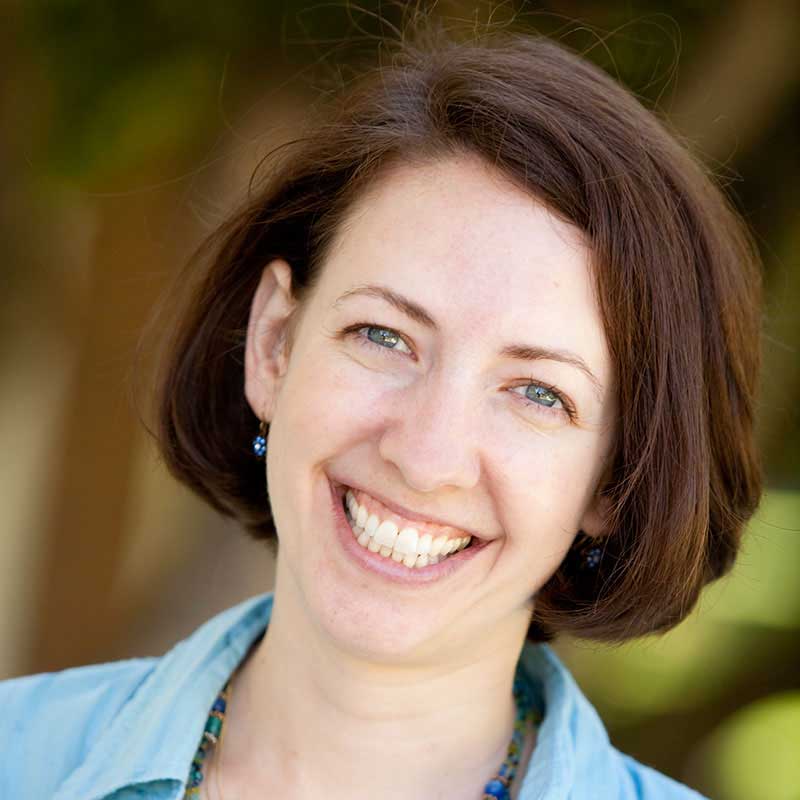 Every ten years, state legislatures reconsider their electoral districts. Upcoming elections will determine which party approves new districts and, in many cases, which party will control state legislatures. “Partisan gerrymandering dilutes the will of the voters and erodes trust in the political process, and sophisticated mapping software has made it easier than ever for politicians to craft skewed voting maps,” says Kathryn Nyman, Associate Professor of Mathematics at Willamette University. Mathematicians are getting involved, using data to identify and quantify gerrymandering. Professor Nyman will describe these tools and show how data can highlight gerrymandered electoral districts.
Every ten years, state legislatures reconsider their electoral districts. Upcoming elections will determine which party approves new districts and, in many cases, which party will control state legislatures. “Partisan gerrymandering dilutes the will of the voters and erodes trust in the political process, and sophisticated mapping software has made it easier than ever for politicians to craft skewed voting maps,” says Kathryn Nyman, Associate Professor of Mathematics at Willamette University. Mathematicians are getting involved, using data to identify and quantify gerrymandering. Professor Nyman will describe these tools and show how data can highlight gerrymandered electoral districts.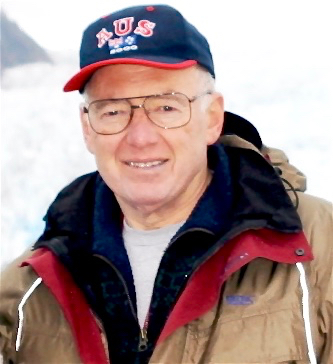 On September 25, Peter detailed the incontrovertible evidence for climate change, and the remarkable moves underway globally, including in the United States, towards sustainable power generation. Today, Peter describes the reasons for, and the moves by, industrialized countries to start phasing out the manufacture, sale and use of internal combustion engine vehicles. He will review the history of electric automotive transportation, and the differences between internal combustion engine vehicles (ICEVs) and battery electric vehicles (BEVs). A comparison of the BEVs currently available in the United States, a discussion of safety, charging infrastructure and the various so-called "Anxieties" (really, myths and misinformation about BEV use) – as well as increasing electrification of the entire transport system will now be deferred to October 18.
On September 25, Peter detailed the incontrovertible evidence for climate change, and the remarkable moves underway globally, including in the United States, towards sustainable power generation. Today, Peter describes the reasons for, and the moves by, industrialized countries to start phasing out the manufacture, sale and use of internal combustion engine vehicles. He will review the history of electric automotive transportation, and the differences between internal combustion engine vehicles (ICEVs) and battery electric vehicles (BEVs). A comparison of the BEVs currently available in the United States, a discussion of safety, charging infrastructure and the various so-called "Anxieties" (really, myths and misinformation about BEV use) – as well as increasing electrification of the entire transport system will now be deferred to October 18.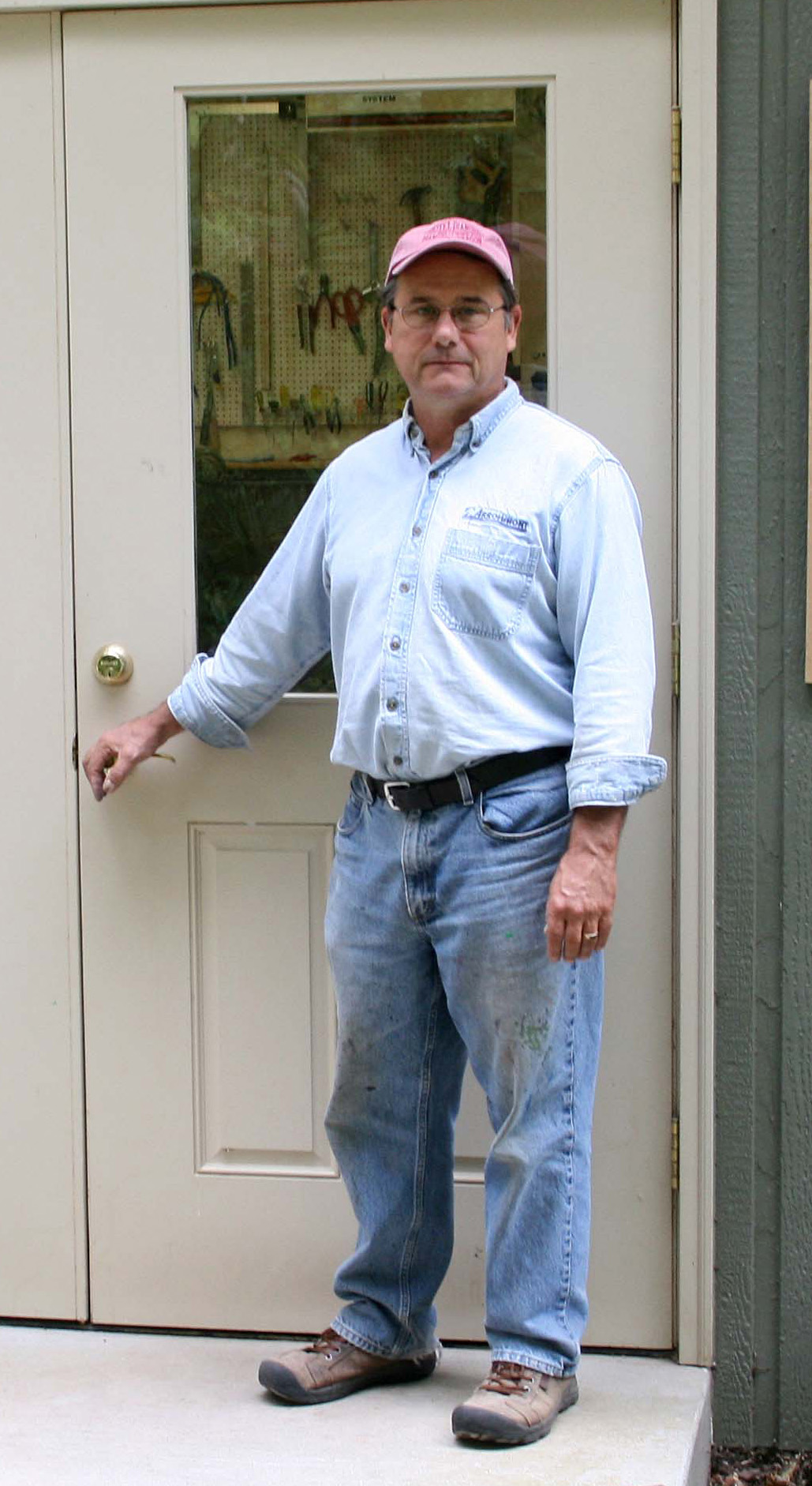 In 2004, I retired from teaching middle school computer applications. At that time I had taken several two week workshops featuring how to make “wood art” primarily using a lathe. I decided to make things from wood, useful things like bowls and platters and sell them at juried art fairs, like the Salem Art Fair. Over the course of the next 14 years my “wood art” became mixed media wall art. The things I now make are combinations of wood, metal, fiber and found objects pieced together according to some plan entirely conjured up from my imagination. I have quit doing art fairs and now have my pieces in art galleries. This presentation will describe my journey from being a maker of useful things to being an artist, including my experiences in the world of art fairs.
In 2004, I retired from teaching middle school computer applications. At that time I had taken several two week workshops featuring how to make “wood art” primarily using a lathe. I decided to make things from wood, useful things like bowls and platters and sell them at juried art fairs, like the Salem Art Fair. Over the course of the next 14 years my “wood art” became mixed media wall art. The things I now make are combinations of wood, metal, fiber and found objects pieced together according to some plan entirely conjured up from my imagination. I have quit doing art fairs and now have my pieces in art galleries. This presentation will describe my journey from being a maker of useful things to being an artist, including my experiences in the world of art fairs. Sandra has lived a remarkable life before coming to Salem, and we will have the opportunity to hear a bit more about a portion of her life and work. Sandra has a heart for social justice and the transformative power of art. Born in Cape Town, South Africa, and leaving as a young adult during the apartheid era, she returned eventually to found the African Institute of Art, in Soweto/Johannesburg. This institution was conceived and developed as the first facility to offer college level education in the visual arts to under-resourced black art students in the area. She also was co-founder and Executive Director of the Bag Factory Studios, a Johannesburg nonprofit providing workshops, studios, and learning opportunities for visual artists across diverse communities. Sandra collaborated with Leah Tutu, activist and wife of Archbishop Desmond Tutu, along with many other individuals committed to serve their communities, and will share stories and photos.
Sandra has lived a remarkable life before coming to Salem, and we will have the opportunity to hear a bit more about a portion of her life and work. Sandra has a heart for social justice and the transformative power of art. Born in Cape Town, South Africa, and leaving as a young adult during the apartheid era, she returned eventually to found the African Institute of Art, in Soweto/Johannesburg. This institution was conceived and developed as the first facility to offer college level education in the visual arts to under-resourced black art students in the area. She also was co-founder and Executive Director of the Bag Factory Studios, a Johannesburg nonprofit providing workshops, studios, and learning opportunities for visual artists across diverse communities. Sandra collaborated with Leah Tutu, activist and wife of Archbishop Desmond Tutu, along with many other individuals committed to serve their communities, and will share stories and photos. 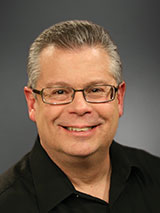 Frederic Chopin was not just one of the greatest composers who ever lived but was one of the greatest pianists, as well. His greatness as a pianist was function of something more, than his faultless technique: it was a function of artistry. Chopin could make the piano sing in a way that no one before him had ever managed to do. he was a virtuoso, but his virtuosity -- a both a pianist and a composer of piano music -- was always employed as a means to an end, rather than the end unto itself.
Frederic Chopin was not just one of the greatest composers who ever lived but was one of the greatest pianists, as well. His greatness as a pianist was function of something more, than his faultless technique: it was a function of artistry. Chopin could make the piano sing in a way that no one before him had ever managed to do. he was a virtuoso, but his virtuosity -- a both a pianist and a composer of piano music -- was always employed as a means to an end, rather than the end unto itself.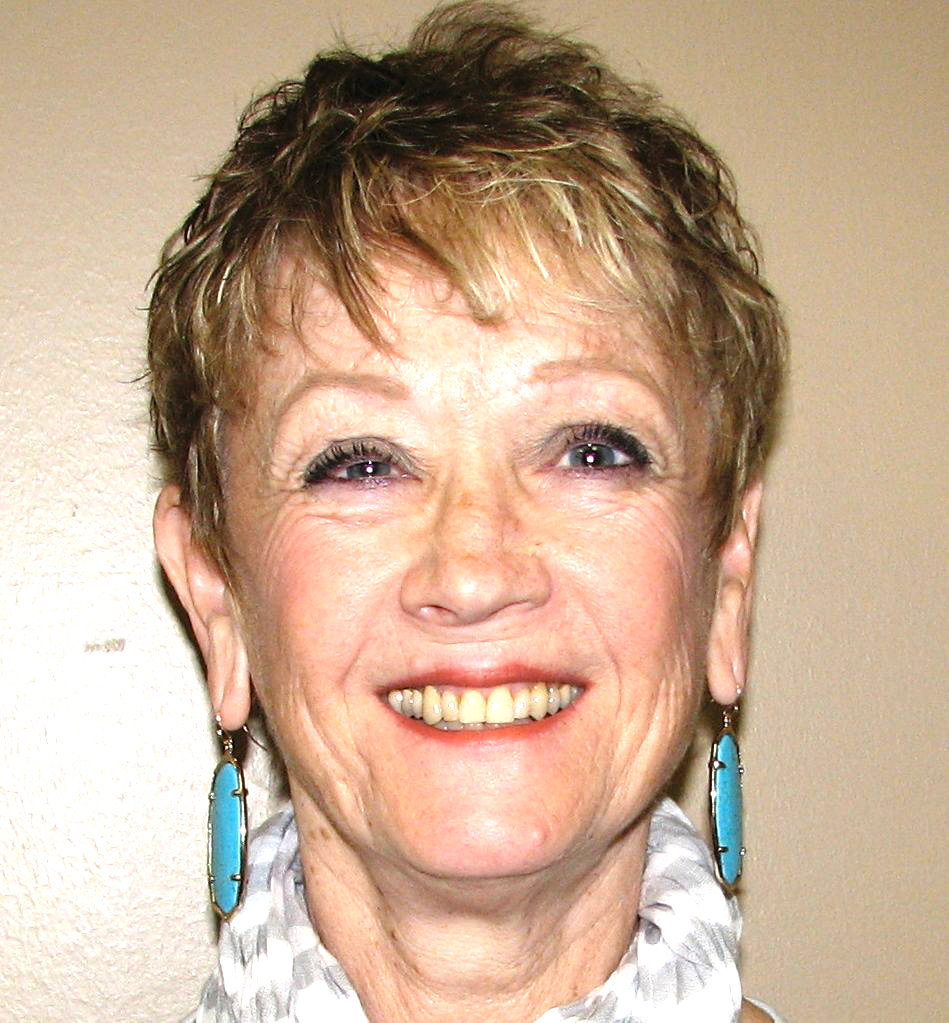 As we were reminded in Dr. Greenberg's lecture, what Poland meant to Chopin, Chopin's music was, in turn, to mean to Poland. Chopin was the greatest of all Polish composers, and the most Polish of all great composers. Few other composers wrote music so bound up with the history of their lands. It is significant that Chopin is the only one of the world's great composers who made a specialty of the piano, who was also the only great composer specializing in the smaller forms; in fact his greatness actually rests securely on them. Since Greenberg gave us such a rich picture of the historic context of Chopin's music, using one 2 1/2 minute example, we will spend this hour listening to as many of his other beloved short works as we can. These will include such Polish dance forms as mazurkas and polonaises, as well as waltzes and nocturnes.
As we were reminded in Dr. Greenberg's lecture, what Poland meant to Chopin, Chopin's music was, in turn, to mean to Poland. Chopin was the greatest of all Polish composers, and the most Polish of all great composers. Few other composers wrote music so bound up with the history of their lands. It is significant that Chopin is the only one of the world's great composers who made a specialty of the piano, who was also the only great composer specializing in the smaller forms; in fact his greatness actually rests securely on them. Since Greenberg gave us such a rich picture of the historic context of Chopin's music, using one 2 1/2 minute example, we will spend this hour listening to as many of his other beloved short works as we can. These will include such Polish dance forms as mazurkas and polonaises, as well as waltzes and nocturnes.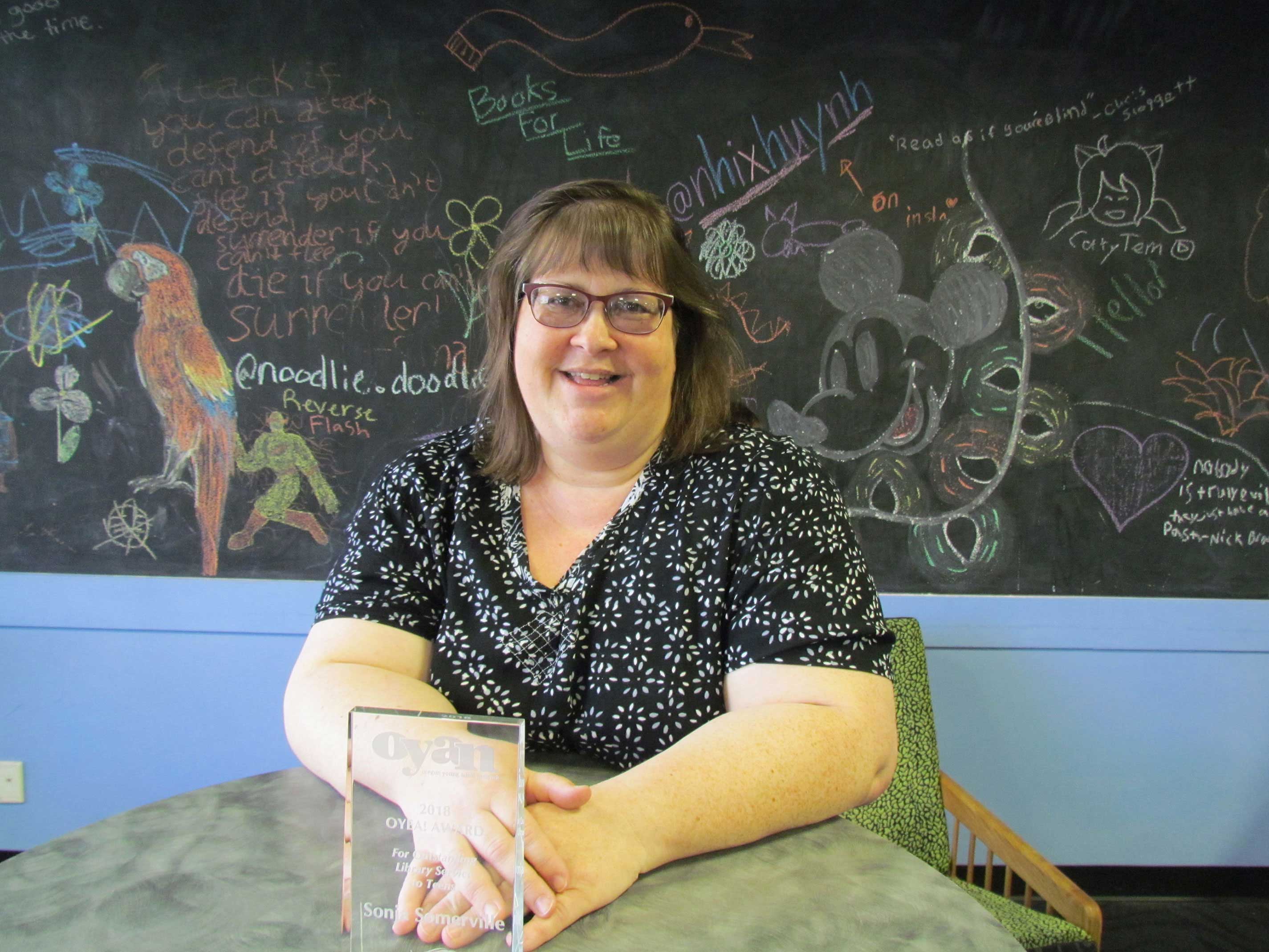 Sonja Somerville, Teen Services Librarian at Salem Public Library, will talk about the unique opportunities and community benefits of serving middle and high school-aged youth at a public library. The Salem Public Library and the Salem community have made a remarkable investment in this age group by establishing the Teen Scene area within the library, creating a safe and welcoming space where young people can grow and learn together. She will also talk about the value of young adult literature for both teen and adult readers, and is likely to offer a few ideas for recommended reading. (After all, she is a librarian.)
Sonja Somerville, Teen Services Librarian at Salem Public Library, will talk about the unique opportunities and community benefits of serving middle and high school-aged youth at a public library. The Salem Public Library and the Salem community have made a remarkable investment in this age group by establishing the Teen Scene area within the library, creating a safe and welcoming space where young people can grow and learn together. She will also talk about the value of young adult literature for both teen and adult readers, and is likely to offer a few ideas for recommended reading. (After all, she is a librarian.)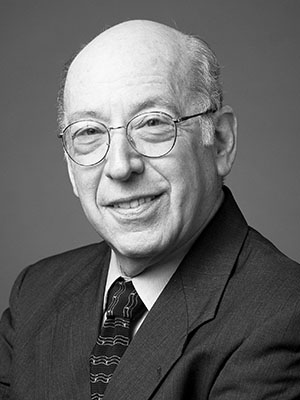 Was the United States ever as isolationist and opposed to imperialism as commonly belied? Explore the myth and reality surrounding our historical self-image and learn how America's expansionist history might appear from the perspective of other nations.
Was the United States ever as isolationist and opposed to imperialism as commonly belied? Explore the myth and reality surrounding our historical self-image and learn how America's expansionist history might appear from the perspective of other nations.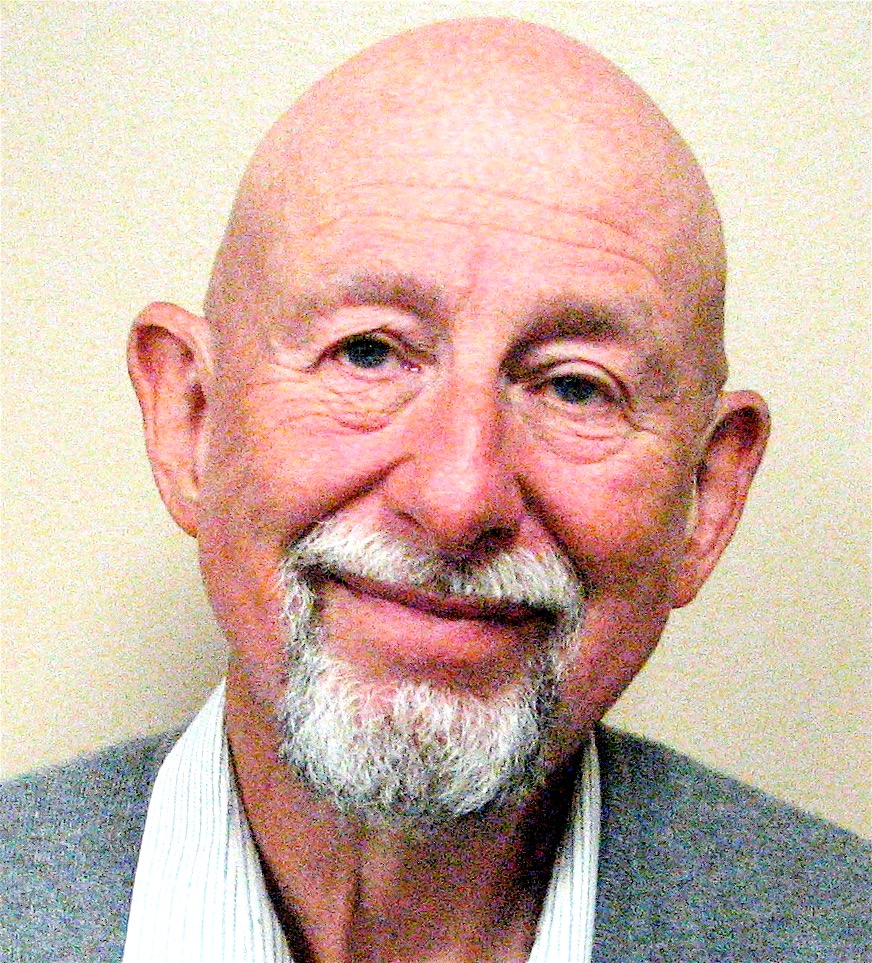 What do you know? What do you think? - An attempt to explain why some resolutely believe despite a complete lack of evidence and some deny in the face of literally a library of proof.
What do you know? What do you think? - An attempt to explain why some resolutely believe despite a complete lack of evidence and some deny in the face of literally a library of proof. 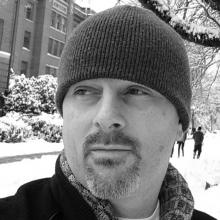 This talk shares the public installation work of three contemporary indigenous artists using their craft to bolster Native space and to combat settler colonialism. I will show how these art-activists reflect their understandings of geography, while also confronting an historic battlefield, redirecting city authority, and confounding the single-most treasured national narrative. The talk is derived from Dr. Barnd’s recent book, Native Space: Geographic Strategies to Unsettle Settler Colonialism (Oregon State University Press).
This talk shares the public installation work of three contemporary indigenous artists using their craft to bolster Native space and to combat settler colonialism. I will show how these art-activists reflect their understandings of geography, while also confronting an historic battlefield, redirecting city authority, and confounding the single-most treasured national narrative. The talk is derived from Dr. Barnd’s recent book, Native Space: Geographic Strategies to Unsettle Settler Colonialism (Oregon State University Press).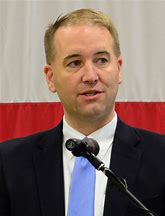 The Oregon State Treasury is the state’s financial services hub with an array of responsibilities: the investment of public funds and trust funds; issuance of all state bonds and debt; and providing financial and banking services for state agencies. In recent years, Treasury has taken on a more direct role in helping Oregonians save and invest in their own family’s future. Organized as the Oregon Savings Network, Treasury helps Oregonians save for college and career training in its 529 Savings plan, assists families in saving for disability-related costs under its ABLE Savings plan, and offers the first-in-the-nation private sector retirement savings platform, OregonSaves. In recent years, Treasury has become an important voice supporting Oregonians in their efforts to secure a healthier financial future.
The Oregon State Treasury is the state’s financial services hub with an array of responsibilities: the investment of public funds and trust funds; issuance of all state bonds and debt; and providing financial and banking services for state agencies. In recent years, Treasury has taken on a more direct role in helping Oregonians save and invest in their own family’s future. Organized as the Oregon Savings Network, Treasury helps Oregonians save for college and career training in its 529 Savings plan, assists families in saving for disability-related costs under its ABLE Savings plan, and offers the first-in-the-nation private sector retirement savings platform, OregonSaves. In recent years, Treasury has become an important voice supporting Oregonians in their efforts to secure a healthier financial future.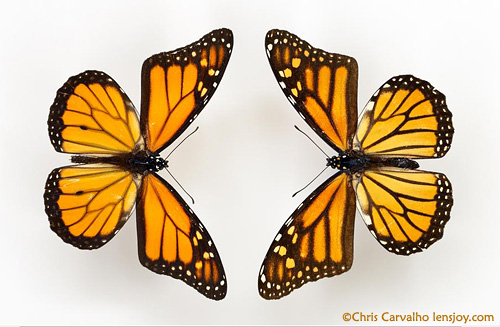 I have a presentation called "Why Butterflies Matter," which is about 45 minutes and talks about the latest scientific advances in technology that butterflies and moths have been responsible for, things such as
I have a presentation called "Why Butterflies Matter," which is about 45 minutes and talks about the latest scientific advances in technology that butterflies and moths have been responsible for, things such as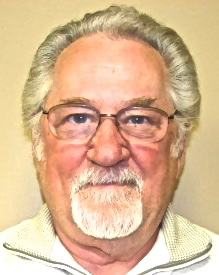
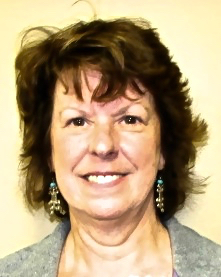 The field trip will have presentation tours at 3 locations, and includes lunch, transportation, and driver. Anticipated time of return to the parking area is by 4:30PM. Lunch will be at Oregon's Original Roadhouse. Locations to be toured follow:
The field trip will have presentation tours at 3 locations, and includes lunch, transportation, and driver. Anticipated time of return to the parking area is by 4:30PM. Lunch will be at Oregon's Original Roadhouse. Locations to be toured follow: